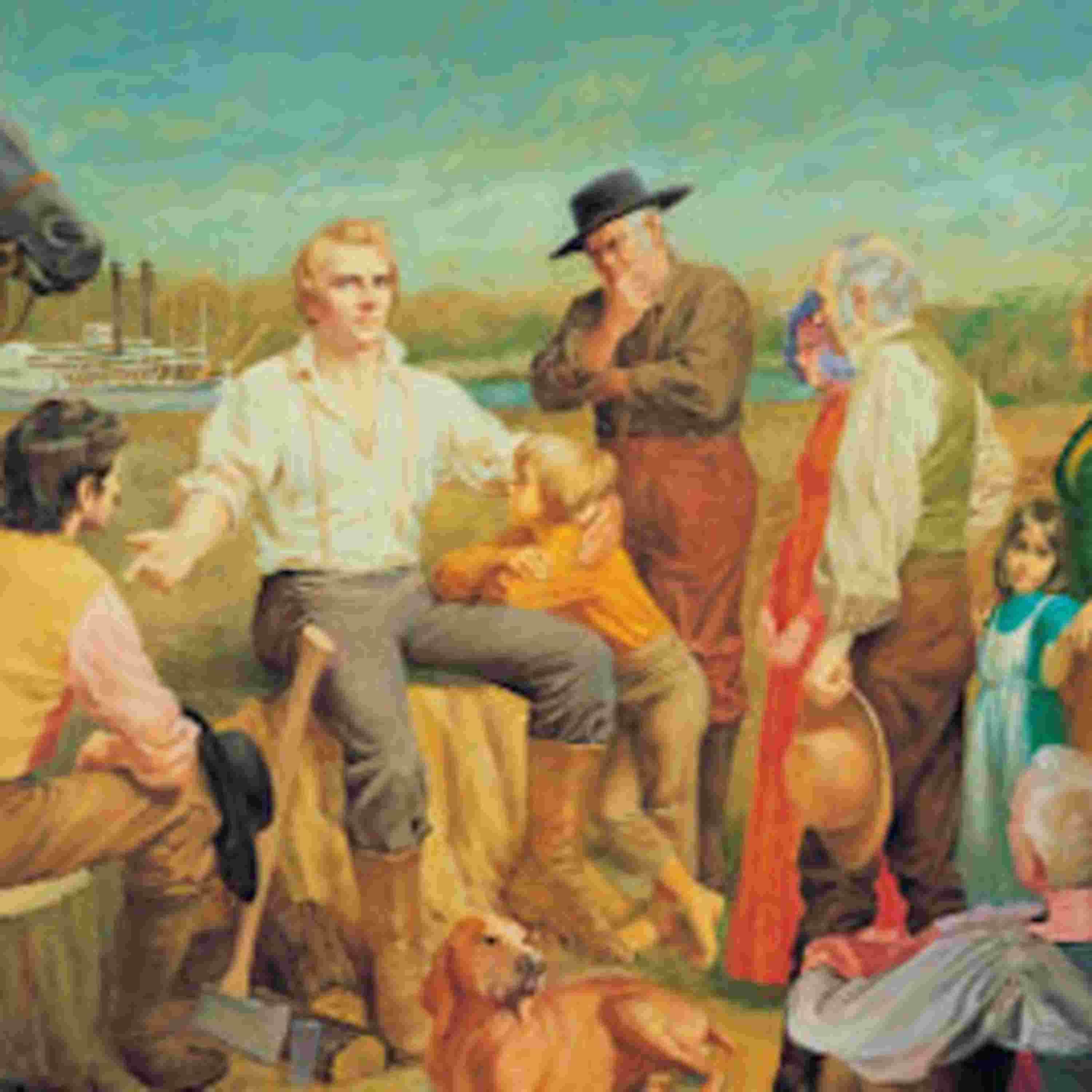

Doctrine and Covenants 129–132
Through Joseph Smith, the Lord took some of the mystery out of eternity. The greatness of God, the glory of heaven, and the vastness of eternity can seem almost familiar in the light of the restored gospel, even to finite minds like ours. The revelations in Doctrine and Covenants 129–32 are a good example. What is God like? He “has a body … as tangible as man’s.” What is heaven like? “That same sociality which exists among us here will exist among us there” (Doctrine and Covenants 130:22, 2). In fact, one of the most joyous truths about heaven is that it can include our cherished family relationships, if sealed by the proper authority. Truths like these can make heaven feel less distant—glorious yet reachable.
But then, sometimes God may ask us to do things that seem uncomfortable and unreachable. For many early Saints, plural marriage was one such commandment. It was a severe trial of faith for Joseph Smith, his wife Emma, and almost everyone who received it. To make it through this trial, they needed more than just favorable feelings about the restored gospel; they needed faith in God that went far deeper than that. The commandment no longer stands today, but the faithful example of people who lived it still does. And this example inspires us when we are asked to make our own “sacrifices in obedience” (Doctrine and Covenants 132:50).